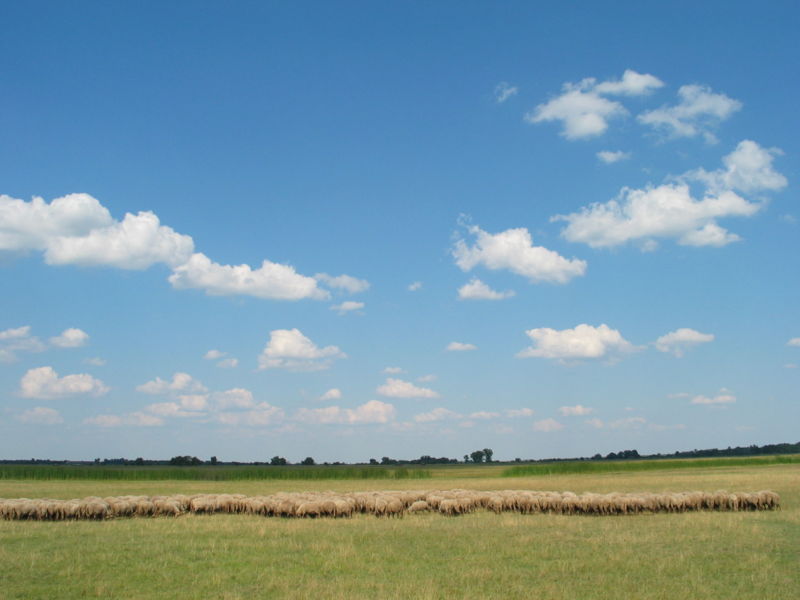I’d like to share with you every little momentum what happened with me in
Estonia since my last writing. It’s very hard for me and I know this mission is
impossible because my brain is just like a sieve. Here are the most important
things what I will always keep in my mind and I never forget.
In the end of May the Estonian weather was really nice, so we spent a lot
of time with the kids at the kindergarten yard and enjoyed the sunshine, the
awakening of nature, the chatter of the birds, the sweet flowers and the soft
breeze. The girls like so much the little yellow flower especially with which
the garden was full of. I learnt how can I make a floral tribute and one more
funny thing, that the cookie from sand can be delicious. Of course I’m just
joking. The kids played in the sandpit and I tried to participate in the game,
so I did and I have eaten this tasty „food” from sand.
As the summer is almost here, and the butterflies are the part of this season,
the kids like this colourful creature so much, we prepared our own.
In September some children are going to go to school, so they had a very
big and nice celebration. Firstly they performed a very cute and entertaining play
and I was a English speaking pike in it. Unfortunately I haven’t have the
pictures about this. So I can’t show you any yet. After the play the kids
changed their costume and danced, sang and recited poems. It was a really
touching ceremony. And we continued with the garden party.
After the nursery is closed I participated in a summer camp in Olgina. I
spent almost 2 weeks with 7-14 years old kids. It was a greatful experience.
The children expected some new activities every day. For example, we took a
trip to Sinimäe, the Museum of II. World
War, we visited the castle of Rakvere. Or Marina (the leader of the summer
camp) just organised a very enjoyable sport exercise for each group, they made their
own fruit cake. It was fun, not just for the kids, but for me as well.
As you can see my life in Narva is not boring at all.










































